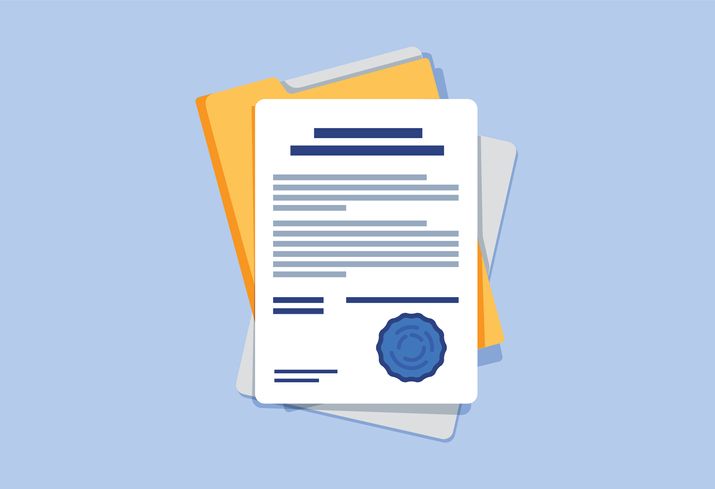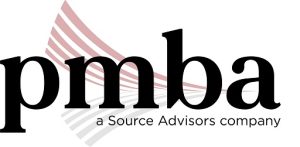Step 2: Determine How Sales Tax Applies to PPE
PPE is a term that broadly defines various types of equipment used to protect individuals from hazards in and outside of the workplace. PPE includes masks, goggles, gloves, outerwear, gowns, safety shoes, respirators, face shields, and the like. There is an assumption that PPE is exempt in many states. This derives from the fact that many businesses that purchase PPE are exempt from sales tax, such as hospitals or government agencies. These transactions are exempt because the entity purchasing the items has an exempt entity certificate. In general, PPE is taxable as the sale of tangible personal property. However, there are many exemptions, and there is confusion about whether PPE is exempt under certain state clothing exemptions.
Florida
First, there are states that tax clothing and have no exemptions for PPE, such as Florida. In these states, PPE is presumed taxable. However, for the clothing sales tax holidays, Florida chooses to tax certain safety items and exempt others. For example, surgical gloves are taxable, but work gloves are exempt. Since many new PPE companies cannot change their systems for sales tax holidays, they will default to continue to tax all PPE in a state such as Florida.
Connecticut
Secondly, there are states that tax clothing, but have specific exemptions for safety apparel, such as Connecticut. Safety apparel is “any item of clothing or protective equipment worn by an employee for protection during the course of the employee’s employment.” This includes goggles/safety glasses, face shields/masks, respirators, gloves, filtering face masks, protective aprons, encapsulating chemical protective suits. Connecticut is particular in that the item is used for work. The state makes a point that if single consumers use the article, then it is taxable. PPE companies selling into Connecticut should charge and collect sales tax to individual consumers buying for personal use.
New Jersey
Third, there are states that exempt clothing (not including PPE), but have additional exemptions for PPE, such as New Jersey. New Jersey exempts clothing, but they also exclude protective wear in general within the clothing exemption. However, they have a specific exemption for protective wear “when purchased for the daily work of the user and worn as part of a work uniform or work clothing.” New Jersey also clarifies that protective equipment is taxable when worn for general use. This would imply sales to consumers for personal use is taxable.
2020 State Updates on PPE Sales Tax
Since the pandemic, more states are moving to pass legislation on PPE products due to the higher demand. Not every state is taking the approach to exempt PPE, but a few states are making considerations, like Michigan, California, and New York (specifically Suffolk County). Some sales tax updates include:
California
As of April 7, 2020, Governor Newsom has signed and passed a pending piece of legislation. Executive order N-46-20 grants state agencies sales tax exemption on purchases for PPE and related items. The legislation is expected to only last through the duration of the state of emergency.
New York – Suffolk County
Manufacturers can receive up to $100,000 of sales tax exemption on the purchase of equipment used for making PPE and medicine. The exemption can potentially cover purchases necessitated by the COVID-19 pandemic in a one-year period (including shields, face masks, gowns, and gloves).
Michigan
Pending House Bills 6033, 6034, and 6035 – if passed – would exempt businesses from sales tax on PPE products. House Bill 6033 would amend the 1937 General Sales Tax Act to allow businesses an exemption on costs incurred by employees for PPE products. House Bill 6034 would amend the Use Tax Act and exempt PPE storage, use, or consumption while conducting business.

Step 3: Establish a Process to Gather and Store Exemption Certificates
If you are selling PPE, several of your clients might be eligible for tax exemptions, such as hospitals and government agencies. However, you are required to collect exemption certificates before invoicing your customers. Upon receiving the exemption certificates, they should be reviewed for accuracy and stored in a secure location. In the event of a sales tax audits, the auditors will ask for the certificates. Do not assume all medical facilities are exempt from sales tax. If you do not receive an exemption certificate from a customer, then you should charge sales tax. Sales tax certificates expire in certain states. You should be aware of these states and their rules to ensure compliance. There are several technology solutions to help companies gather, store, and manage exemption certificates.
Step 4: Determine If a Tax Technology Solution Is Required
For many online start-up PPE businesses, the number of states required for collecting sales tax may be minimal. In this case, a technology solution may not be necessary. However, as the business or nexus footprint grows, it may become difficult to manage manually. Numerous technology solutions can plug into most e-commerce platforms and will streamline this process. Some of these solutions also offer an exemption certificate management module.
Step 5: Register with Each State and File Sales Tax Returns
The final step is to register in each state where there is sales tax nexus. The registration process can be completed online. Various states issue a sales tax identification number immediately, while others can take up to two weeks. Sales tax identification numbers are needed to file sales tax returns, but not required before collecting sales tax. Some states may require a company to register as a foreign entity with the secretary of state before registering the company for sales tax.
Next steps?
The taxation of PPE is exceptionally complicated. Once you have determined what states you need to collect sales tax, you must apply the appropriate tax rules to that state correctly.
PMBA offers an affordable and extensive solution to online PPE businesses. We have the most comprehensive 50-state matrix available for PPE and can provide assistance with all five steps. We also offer these services individually. Our team is certified as an implementation specialist for certain technology solutions. Contact us today for a free consultation.

 LAST UPDATED ON SEPTEMBER 25, 2020
LAST UPDATED ON SEPTEMBER 25, 2020